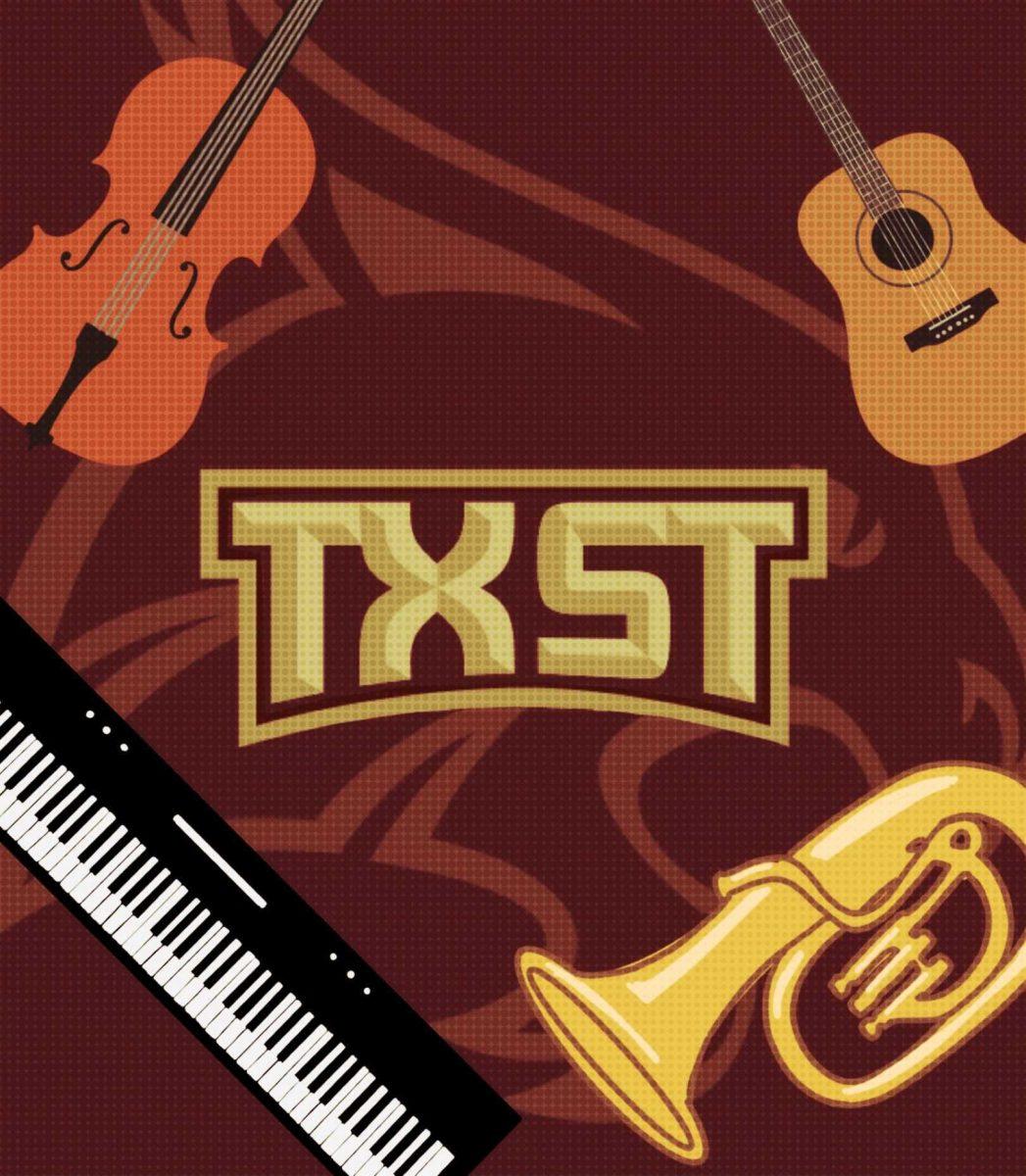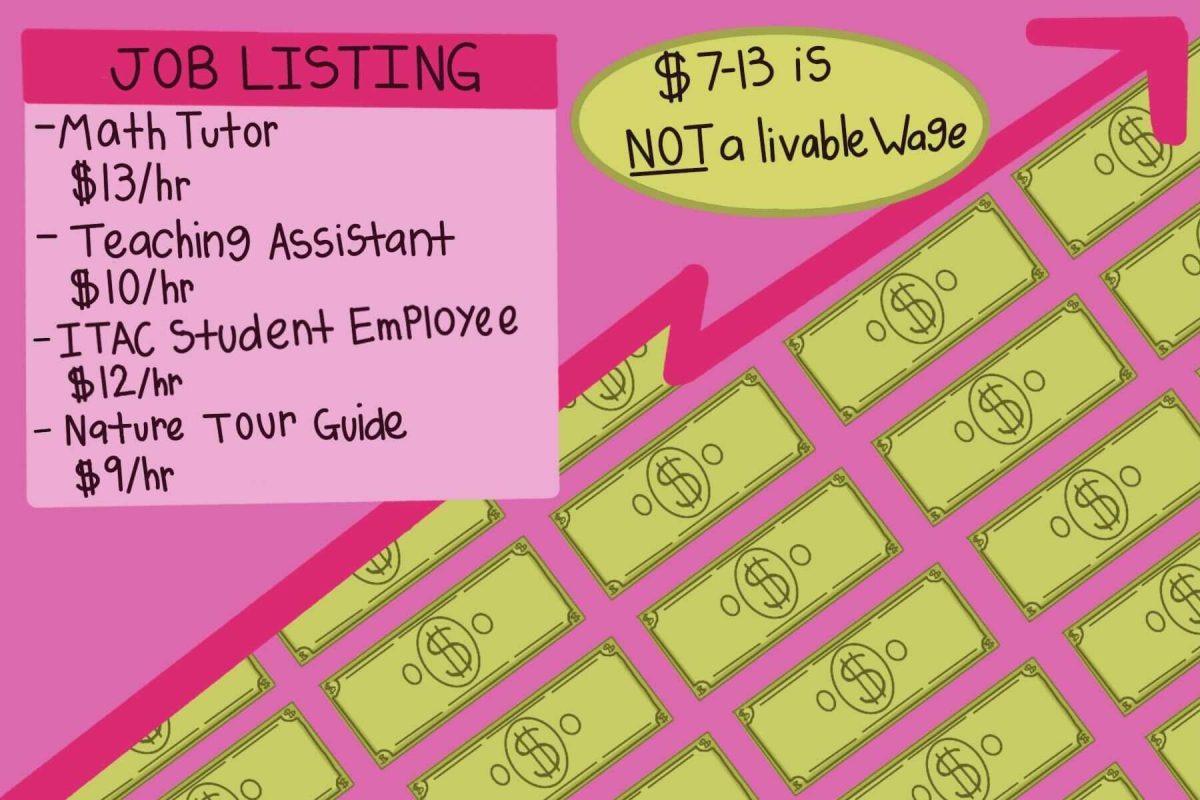While core subjects and STEM courses are important for students to be enrolled in, focusing solely on these topics in schools does a disservice to the entire student population.
According to Texas Music Educators Association (TMEA)’s website, fine arts education, including music education, is required for all accredited school districts, as outlined by Texas Essential Knowledge and Skills, otherwise known as TEKS. But as students returned to school in person amidst the COVID-19 pandemic, concerns about students’ academic progress were frequently raised.
Studies show that as many as 80% of parents worry that their children have fallen behind academically during the lockdown, and as students return, school districts are faced with the quandary of catching students up to speed.
The Texas, House Bill 4545, signed into law in June of 2021, states that while students who are below grade level are required to have supplemental tutoring, they are not allowed to be pulled out of enrichment subjects such as music. However, school districts are considering cutting elective programs such as music courses to spend more time on core subjects such as English and math.
While one can understand the motives behind these considerations, cutting music education would be a terrible mistake that would only harm students in the long run.
Music education has a large host of academic and social benefits for students which can be noted as early as preschool. According to the New England Board of Higher Education, music education can improve memory, hand-eye coordination, problem-solving and mental processing. Musicians are often found to have higher amounts of grey matter volumes in the auditory cortex, a benefit that can transfer to speech, language, emotion and general auditory processing.
In addition, music education can directly assist with academic performance. PBS argues that children in school districts with high-quality music education programs have 22% higher test scores in English tests and 20% higher test scores in math, regardless of socioeconomic disparities. Young children with regular piano and singing lessons also were shown to have an increased IQ.
These benefits can extend past elementary school. TMEA reports that members of their all-state choirs, bands and orchestras — audition-only organizations that only accept top high school musicians from across Texas — demonstrated SAT scores that were on average 22% higher than the national average and 26% higher than the Texas average over a five year period.
Music education in schools is also important to allow students of all socioeconomic backgrounds to experience these benefits, and to allow for greater equity in arts education.
Music education is often expensive to acquire outside of school. Costs can range from $144 to $279 per month for weekly private lessons, depending on the average length of the session which traditionally ranges from 30 to 60 minutes. While some schools offer scholarships for private lessons, this price range is out of reach for many families in America.
Meanwhile, a study by the National Association of Music Merchants found that it would cost a school district an average of $187 per student for a music education program, an investment that would allow students of all backgrounds to reap the aforementioned benefits of music education.
Music education is necessary to help create well-rounded citizens and students. It can help increase empathy, generate greater understanding for people of different cultures, foster teamwork, boost emotional intelligence and, most notably, encourage creativity — all traits that are essential both in the workplace and in relationships with peers, family and friends.
The benefits of art education can even be found in the sciences, even though the fields are frequently considered to be opposites. In a Scientific American op-ed, physicist Richard Feynman states, “Scientific creativity is imagination in a straight jacket. Perhaps the arts can loosen that restraint, to the benefit of all.”
Music can also help students with interpersonal and intrapersonal relationships, as it allows students to process their emotions. This is especially essential after the trauma and stress that the pandemic has caused. In a 2020 study, 71% of parents stated that the pandemic had an adverse effect on their child’s mental health. Now more than ever, students need time and space to express themselves creatively.
Detractors argue that school districts that are already struggling should not put more energy and resources into music education, especially when standardized tests do not cover these subjects. While it can be difficult to allocate money to programs that will not have a direct impact on test scores for a school that is already struggling in that department, cutting these programs can have a detrimental effect in the long run.
A 2009 study of New York City high schools demonstrated that the high schools with the most access to arts education had the highest graduation rates. Graduating from high school can have a significant impact on one’s health, economic stability and living conditions, and any investment in a school’s graduation rate is a valuable one.
A similar phenomenon occurred with recess in elementary schools; schools reduced recess to as little as 10 minutes twice a week in an attempt to increase testing scores. Instead, they started to see negative effects such as worsened classroom behavior, and, ironically, lower academic performance.
In response to this, many advocacy groups have been pushing for required recess time, and Florida even passed a bill requiring recess on days during which physical education was not held. Cutting music education will surely have a similar negative effect on students.
-Tiara Allen is a marketing senior
The University Star welcomes Letters to the Editor from its readers. All submissions are reviewed and considered by the Editor-in-Chief and Opinion Editor for publication. Not all letters are guaranteed for publication.
Opinion: Cutting music education is not the answer
Tiara Allen, Opinion Contributor
May 9, 2022
0
Donate to The University Star
Your donation will support the student journalists of Texas State University. Your contribution will allow us to purchase equipment and cover our annual website hosting costs.
More to Discover














